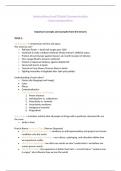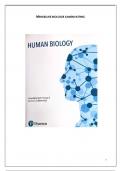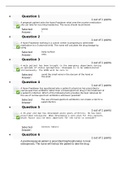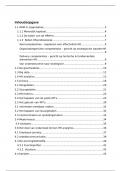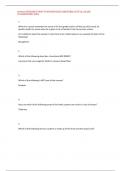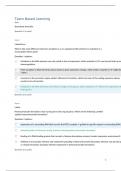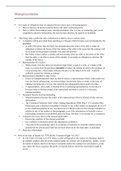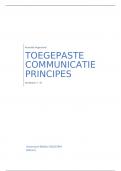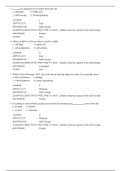Samenvatting
Summary Exam preparation International and Global Communication
- Vak
- Instelling
This is an exam preparation document for International and Global Communication (CM2001) in IBCoM. This document helps you prepare for your exam and involves a summary of materials in this course.
[Meer zien]
